Today we have the release of NVMe 2.0 specifications. This is not going to make a major change immediately, but in future generations of drives, we expect it will have an impact which is why we wanted to cover the announcement.
New NVMe 2.0 Spec Launched for Flash Storage
Here is the summary of the new specification’s benefits. As one can see, this is mostly going to be a behind-the-scenes update.
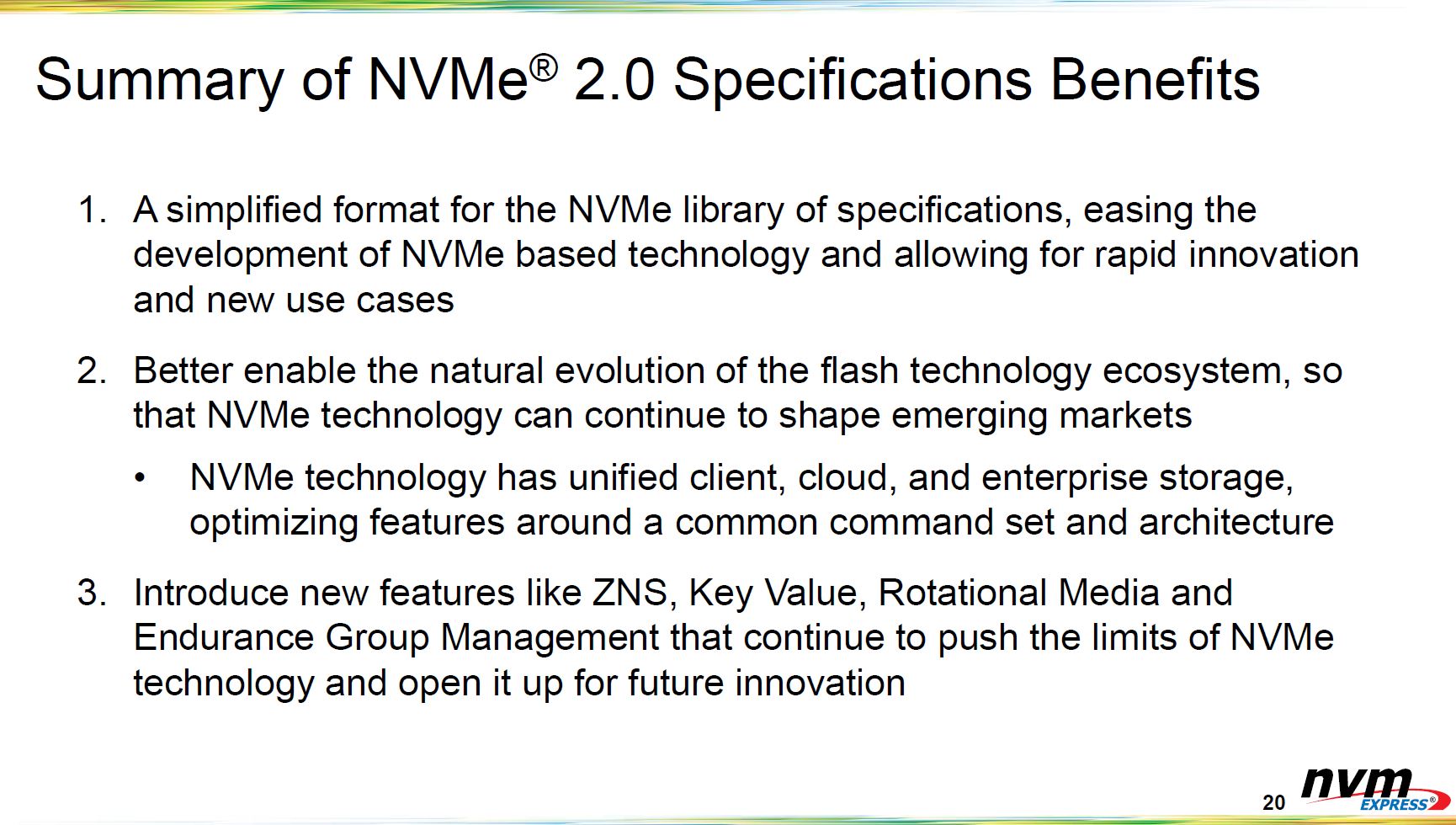
Just for some sense of where we are in the journey, and one of the biggest aspects to this release, the NVMe spec for SSDs we have become accustomed to these days is NVMe 1.4. Most drives one will purchase these days are either NVMe 1.3 or NVMe 1.4 drives. That is only part of the story though. There are also the NVMe-oF and NVMe-MI specs. With NVMe 2.0, the specs of all are unified.
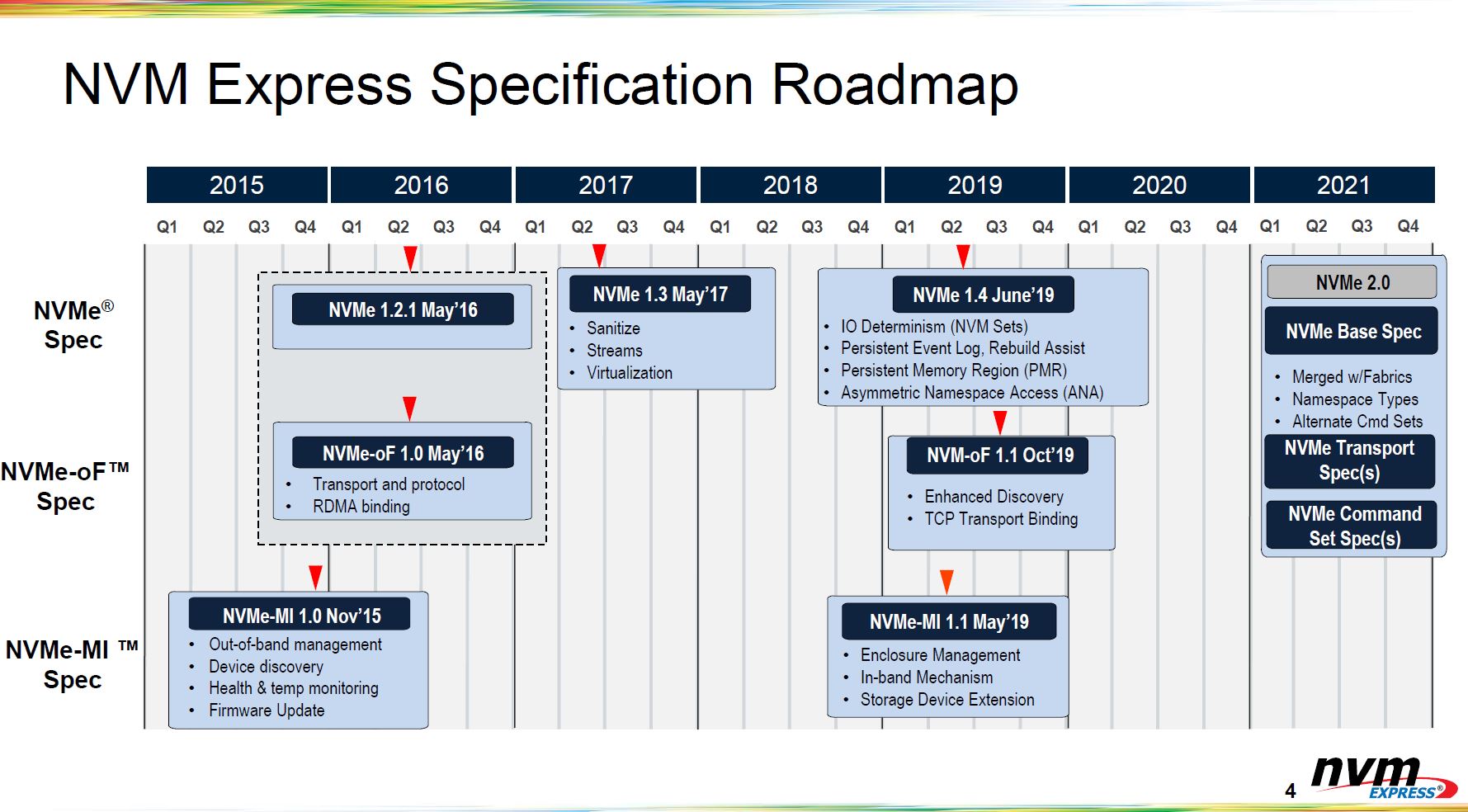
Part of the advantage of this new format is that NVMe and NVMe-oF become more unified which helps development as we see more NVMe-oF storage in the market. We also get a benefit from the three workstreams now being synchronized instead of having staggered releases. For the ecosystem, this helps synchronize efforts so that a systems vendor is designing to a set of specs in a generation.
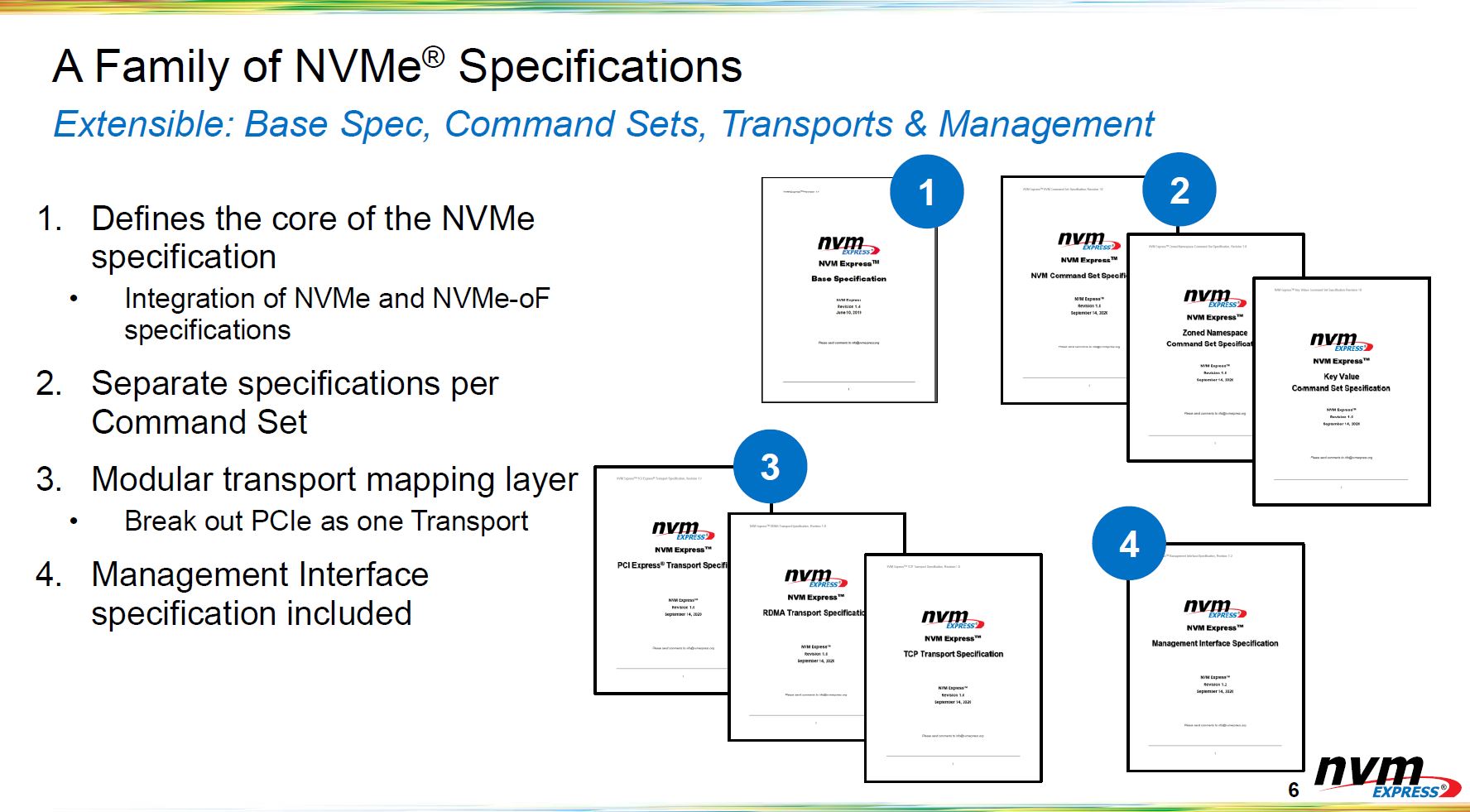
Part of this is that the new base specification covers a number of the key underlying features such as the NVM Block Command Set. The management interface remains its own track, but then we can have Zoned Namespaces, Key Value (NVMe-KV), and even rotational media map using that base specification.
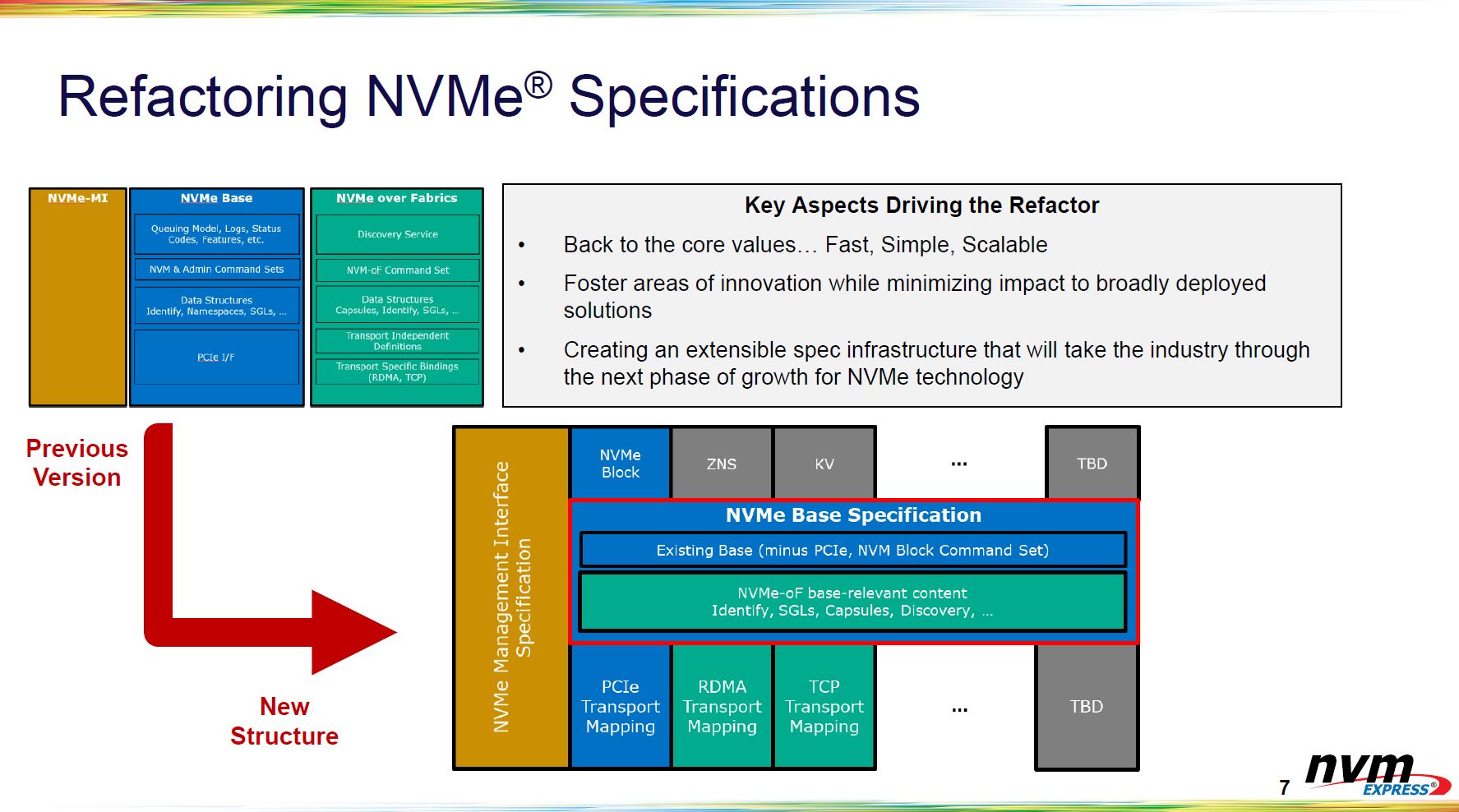
If that “Rotational Media” caught you off guard, perhaps it should have. NVMe after winning the performance SSD segment unifying what had been a hodgepodge of different SSD stacks, now has gone after the hard drive. With NVMe 2.0, we could in theory have an NVMe hard drive. It will still be limited to hard drive speeds, but for a systems vendor, it can have all devices SSDs and hard drives use the same base spec.
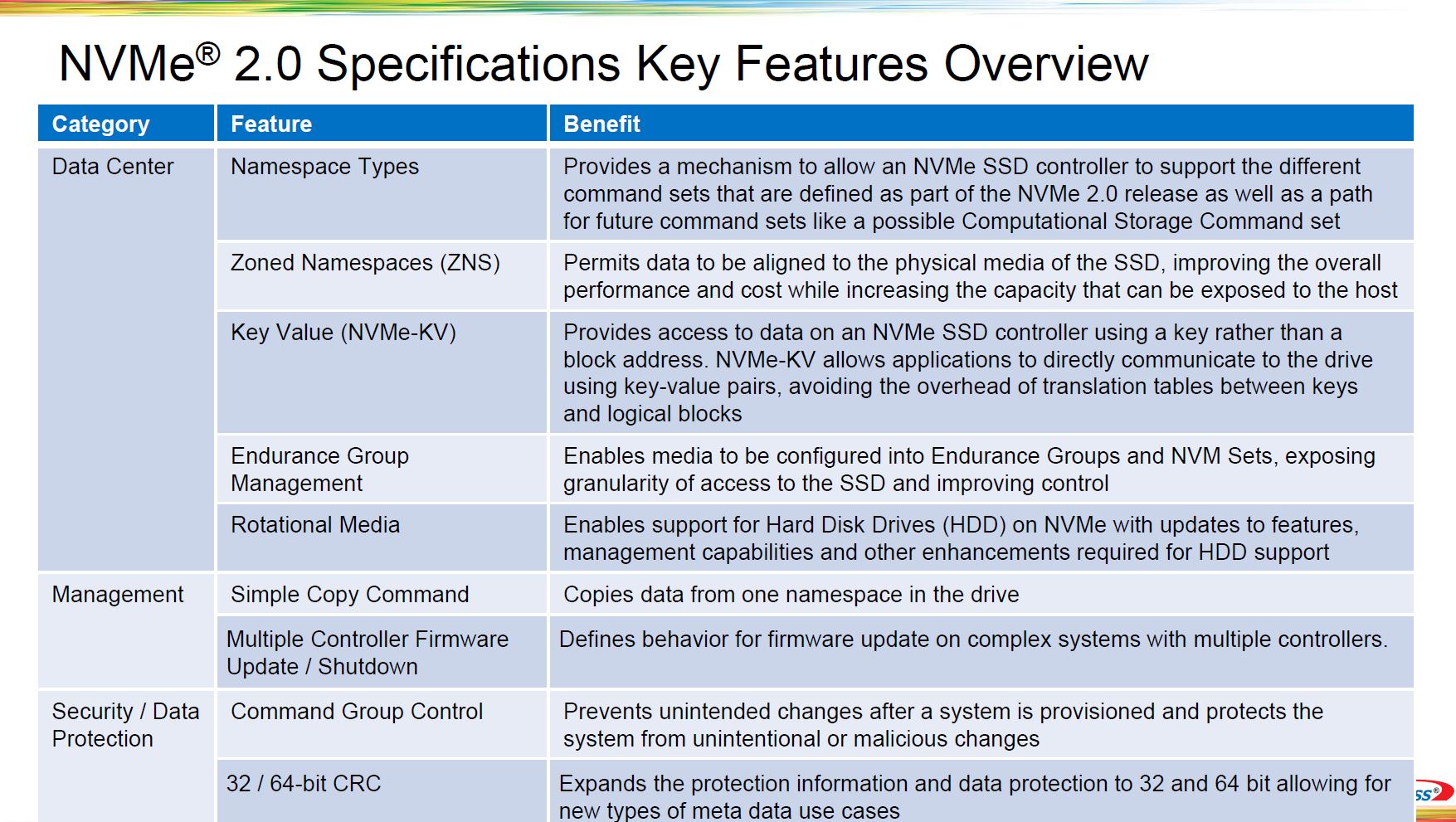
For those who are looking for major performance uplifts, the way those will come about are through the support for different types of drives. We have already seen some SSD vendors offer ZNS, KV, and other models on a single drive.
Final Words
While we expect to see drives soon, at least SSDs, this is unlikely to make a major impact to your standard block NVMe SSD. If you are using features such as NVMe-oF, ZNS, and etc. then this update should make it easier to create systems based on the standard. You can check out the NVMe specifications for more details, but we discussed it internally and unless you are building SSDs or very intricate systems, you probably will not notice the changes except that future SSDs will carry NVMe 2.0 in their specs.
We would still not hold out for NVMe 2.0 hard drives in your mainstream systems in 2021 though.

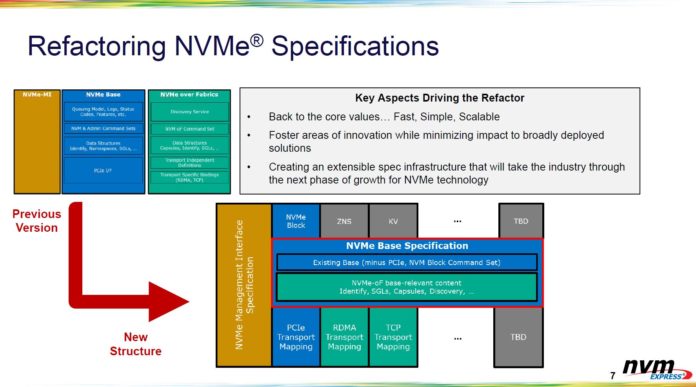
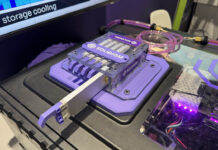
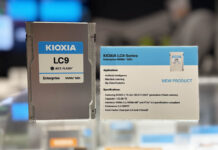
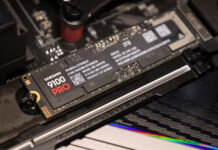
Thanks for the great summary
is that possible to know where to get the original pdf file of those pictures u used in this article?
many thanks.